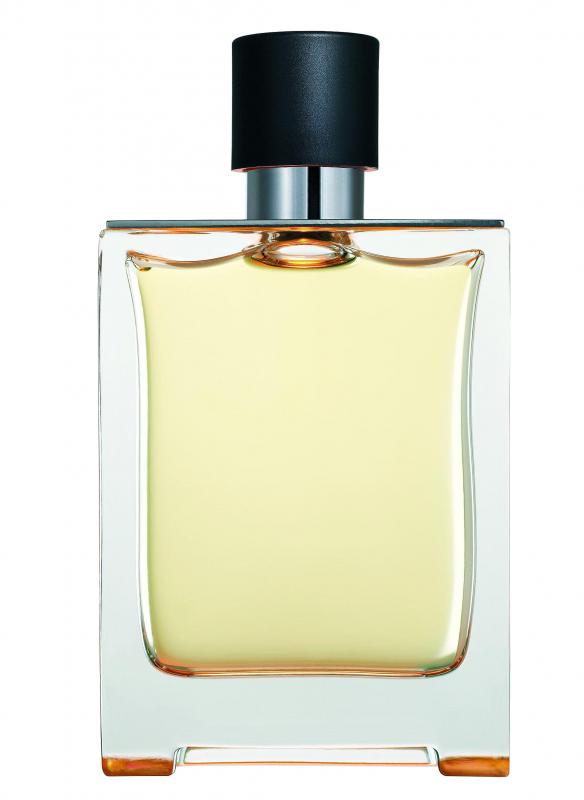At PracticalAdultInsights, we're committed to delivering accurate, trustworthy information. Our expert-authored content is rigorously fact-checked and sourced from credible authorities. Discover how we uphold the highest standards in providing you with reliable knowledge.
What Does a Perfume Chemist Do?
A perfume chemist formulates and tests different scents for various toiletries, like soaps and lotions. Job duties are also rather diverse and can involve working with fragrance suppliers, contacting consumers, and networking with other chemists for continuing education about this evolving industry. This profession normally requires candidates to have a mixture of work experience and college education.
Each consumer product has an underlying fragrance, even items that are labeled as unscented. Perfume chemists combine different fragrance bases, such as jasmine, to create a scent that attracts consumer attention. These chemists must interpret fragrance titles, like "fresh laundry," and create a scent that emulates this everyday smell.

One main job duty for a perfume chemist is working with scent suppliers. Raw materials, like herbs, are normally used as the basis of a perfume formulation; however, new material variations may be produced that can enhance a chemist's formulations. The perfume chemist must periodically meet with suppliers, who will often demonstrate new and exciting product fragrances.

Consumer satisfaction is one of the most important factors during fragrance creation. A perfume chemist may create several fragrances to test on chosen consumers. As a result, the chemist can record the consumer's reaction to the new scent. The consumers may be interviewed about their views of the fragrance title compared to the actual scent; strawberry fragrances should reflect the fresh fruit's sweet smell, but a scent titled "tropical breeze" may be harder to match according to different consumers' opinions. After testing, the chemist can evaluate the responses and alter the product to address any issues that may have arisen.

Chemistry is a science that constantly changes as new technology and discoveries are made. In response, a perfume chemist should be in contact with various professionals throughout the industry; a new formulation technique or mixture choice may have been discovered that can fill a void in the fragrance industry. Networking helps move the industry along so that consumers have more product choices available.

A typical perfume chemist has a four year college degree in chemistry or another related science. In fact, many chemists may hold a master's degree if they aspire to direct a perfume chemistry laboratory environment. Potential perfume chemists should consider that much of the job is based on natural smell and constant trial and error processes; a person with a sensitive nose may perform better than a highly trained chemist with a smelling disorder. Future chemists should also have a great deal of patience to perform constant experiments for the best fragrance mixture.
AS FEATURED ON:
AS FEATURED ON:














Discuss this Article
Post your comments